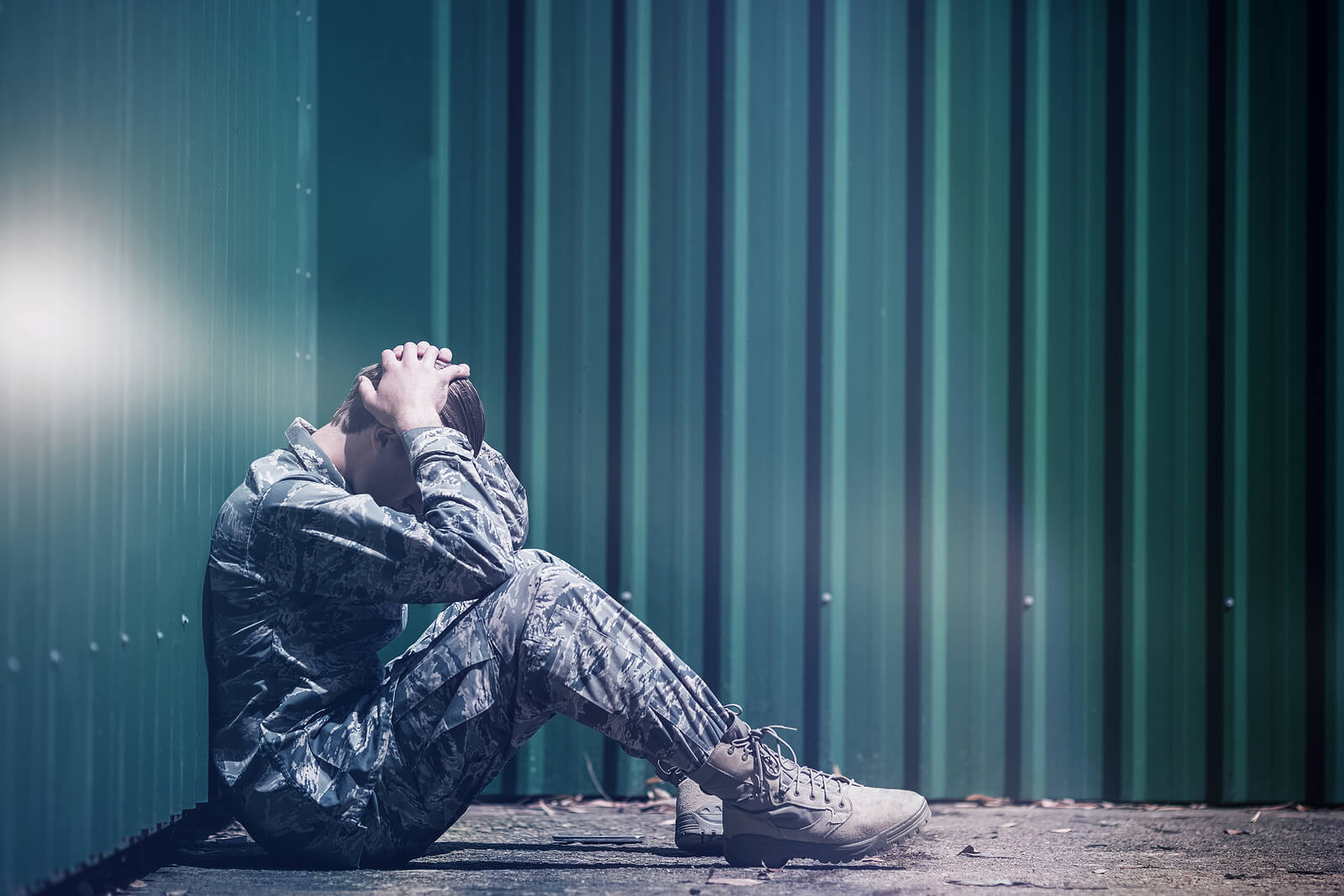
It is no secret that military personnel are at risk of mental health problems. Active duty service not only pulls military members away from their family and loved ones; it also exposes them to violence and human suffering. Headlines have long told of veterans returning from deployment with conditions like post-traumatic stress disorder, but more recently, the situation has become increasingly tragic. According to a report released by the U.S. Department of Defense at the end of 2021, 580 service members died by suicide in 2020, and the suicide rate for active duty personnel increased from 2015 to 2020. In the midst of this crisis, lawmakers are offering a solution.
2022 National Defense Authorization Act
The Fiscal Year 2022 National Defense Authorization Act provides new provisions to address the growing mental health crisis in the military. According to enacted legislation, military members who request a referral for mental health treatment will be assisted by a commanding officer or supervisor. Under the provisions of the new legislation, a service member simply has to say a particular phrase to a commanding officer or supervisor. This begins an automatic process in which the officer or supervisor makes a confidential referral, on the service member’s behalf, for a mental health evaluation.
The goal of this provision is to increase service member’s access to mental health treatment. Hopefully, the new law will eliminate some of the stigma that exists surrounding seeking mental health treatment as well. According to a research report in the journal Epidemiologic Reviews, 60% of military members with mental health needs do not seek treatment, and many of them report concerns related to stigma. The most common stigma-related concerns among military members with mental health needs are that leadership might treat them differently or that they will be seen as weak. A law that sets an automatic referral process in motion seems to be a step in the right direction toward eliminating stigma and addressing the mental health needs of our military members.
Mental Health Concerns Beyond Suicide
The increased suicide rates in active duty military members are undoubtedly concerning, but this is not the only mental health crisis facing the military community. A report released at the start of 2022 indicates that 14 to 16 percent of service members deployed to Iraq and Afghanistan live with post-traumatic stress disorder (PTSD) or depression. Other common mental health concerns among military members include traumatic brain injury, addiction, and violent behaviors.
Symptoms of PTSD may be apparent and even expected in veterans returning from war, as society has a general understanding of the fact that military members are exposed to traumatic events while deployed. Once they return to civilian life, military members may be plagued by flashbacks, nightmares, sleep disturbances, and intense anxiety, all of which signify a potential PTSD diagnosis and can interfere with daily life.
Depression symptoms may be less apparent and can sometimes go unrecognized in military personnel. Improper diagnosis is common in those with depression, who may present with general symptoms like loss of interest in usual activities, lack of energy, and sleep problems. Unfortunately, depression is also linked with thoughts of suicide, so appropriate screening and treatment are warranted. Military members who are living with depression may be coping with loneliness and isolation as a result of separating from their loved ones, or they may struggle to process some of what they have witnessed during combat.
Finally, substance abuse, and especially alcohol abuse, are common in military personnel, who may use alcohol to cope with job-related stress or socialize with other military members. Substance abuse, like depression, is also linked to a risk of suicide, making this another important area of intervention. Some military members who develop addictions to alcohol or drugs may be attempting to self-medicate a mental health condition like depression or PTSD, so co-occurring disorders treatment may be warranted.
Other Military Mental Health Statistics
To place the military’s mental health crisis in context, the following statistics are also relevant:
- A report from the Congressional Research Service indicates that between 2016 and 2020, 456,293 active duty military members had at least one diagnosable mental health condition.
- Mental health needs were the number two reason for outpatient visits in military members.
- Among those with mental health needs, 64 percent had an adjustment disorder, an anxiety disorder, or major depression.
Based upon all available information, it is clear that mental health disorders are common among military members. The high rates of depression in the military community may explain increased suicide rates in this population.
Given the military’s growing mental health crisis, the current provisions are a step in the right direction, but ongoing efforts need to be made to serve the mental health needs of the members of our armed forces. The newly enacted legislation does provide generic Stromectol for an automatic, confidential referral process for mental health services, but it did not adopt House Section 736, which would have provided an authority to survey military members about their perceptions of stigma and access to care within the Military Health System.
Mental Health Treatment for California Military Members
Access to care is important, and if you’re seeking treatment in California, Mission Harbor Behavioral Health is here to help. We have locations in both Santa Barbara and Los Angeles, and we are happy to serve members of the military community. We offer a range of treatment tracks, including a mental health track, a substance abuse track, and a working professionals program. We also offer multiple levels of care. Contact us today to get started.




